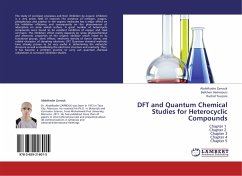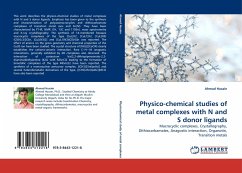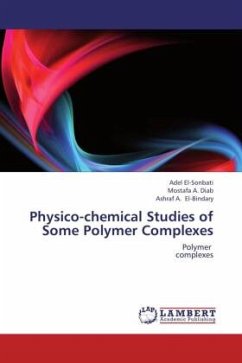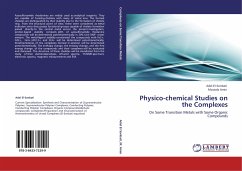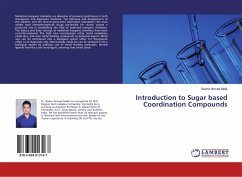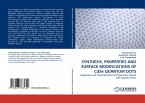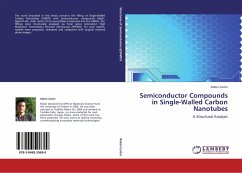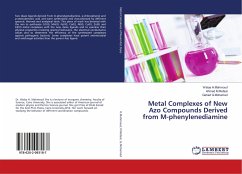The study of corrosion processes and their inhibition by organic inhibitors is a very active field of research. The presence of nitrogen, oxygen, phosphorous and sulphur in the organic molecules has a major effect on the inhibition efficiency and consequently on the phenomenon of adsorption on some metals surface. A great number of heterocyclic compounds were found to be excellent inhibitors of copper and steel corrosion. The inhibition effect mainly depends on some physicochemical and electronic properties of the organic inhibitor which relate to its functional groups, steric effects, electronic density of donor atoms, and orbital character of donating electrons. DFT Quantum chemical methods have already proven to be very useful in determining the molecular structure as well as elucidating the electronic structure and reactivity. Thus, it has become a common practice to carry out quantum chemical calculations in corrosion inhibition studies.
Bitte wählen Sie Ihr Anliegen aus.
Rechnungen
Retourenschein anfordern
Bestellstatus
Storno

